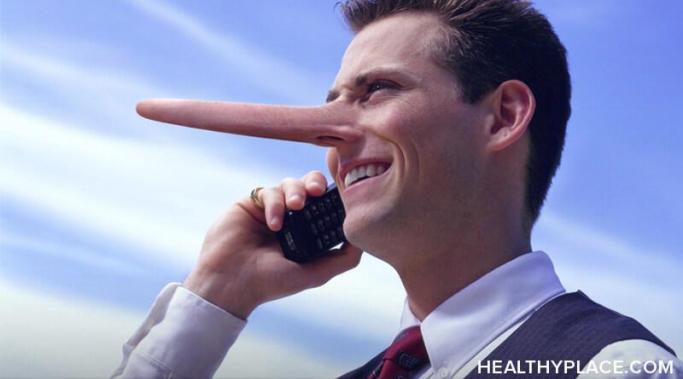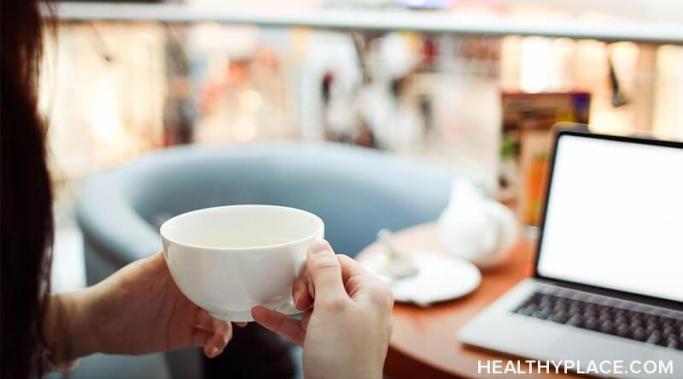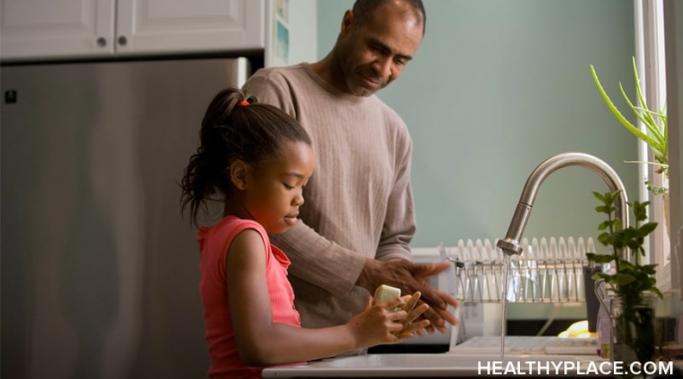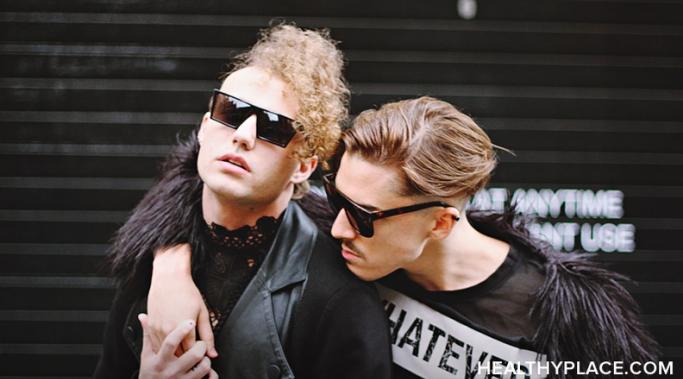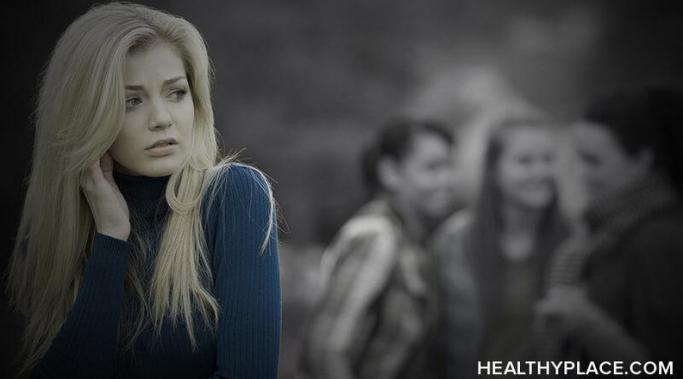Blogs
We're entering summer, a season often celebrated for its bright, sunny days, warm nights, and relaxed, carefree existence. That's the advertising and greeting card image, anyway. In reality, your summer wellbeing can suffer under new or heightened mental health challenges, including anxiety and depression. Mental health struggles in the summer are a very real thing. If you experience them, know that you're not alone, nor are you making it up. Here's a look at why and what to do about it.
Do you have a strong feeling that one of your coworkers is faking depression at work? They always have a smile on their face and manage to meet deadlines. How could they be depressed in that case? If you feel this way about someone you know, read on.
Recently, my therapist pointed out that even though I'm pretty good about basic self-care, like getting enough sleep and drinking water, I've been neglecting my emotional self-care. As soon as she said something, I knew she was right. I'd been avoiding my emotions by refusing to engage in anything that might make me emotional, like journaling, sad movies, or even listening to music. So I decided it was time to revamp my emotional self-care with these three basic changes.
If you experience chronic anxiety, you may have found that, over the past year or so, it has increased due to these uncertain times in the pandemic. And perhaps quite a bit of your anxiety has been related to uncertainties surrounding the circumstances. This is something that has impacted me. I found that, particularly in the early months, I felt very anxious because there were so many things that were unknown.
Juliana Sabatello
Many people have negative feelings toward mental health groups. Maybe it's intimidating to think about sharing your story with a group of strangers. Maybe you don't see a point in it. You might not know the difference between group therapy, psychoeducational groups, and support groups when one might fit your needs better than another. There happen to be many benefits of a group setting in treating and coping with a variety of mental illnesses.
I feel a growing responsibility to normalize mental health discussions outside of dedicated platforms, such as this blog. For people like my brother who live with chronic mental illness to exist stigma-free, we need to demystify the topic of mental illness in the wider community.
I have what I call high-functioning borderline personality disorder (BPD). This means that although I still struggle with BPD symptoms, I can hold down a job, a long-term relationship, and generally function in the world. However, I still experience slow periods and backward steps in my recovery, leaving me feeling guilty about relapses with high-functioning BPD.
I identify as a lesbian in the lesbian, gay, bisexual, transgender, queer, intersex, asexual, etc. (LGBTQIA+) community as a whole. My gender expression follows a more masculine route regarding clothing and hairstyle. Gender expression for many of us in the LGBTQIA+ community can lead to judgment by a society which is used to gendering things such as clothing or hairstyle. These judgments and biases can lead to fear and anxiety for those of us in the LGBTQIA+ mental health community. My anxiety was heightened for years regarding my treatment from others who may not agree or understand my gender expression.
There can be numerous side effects that you experience as the victim of verbal abuse. For me, trusting people after those years of abuse was impossible. But, not everyone will be affected in the same way, and each person's healing journey is unique. Sometimes you will be able to work through the aftermath of verbal abuse, but often, you can carry these emotions with you for years. Until you can process your history, verbal abuse can continue to have disastrous results on your life, as it was for me.
To reduce anxiety, most of us naturally gravitate toward what is obvious and focus on our anxiety itself. Looking for its cause, trying to figure out our automatic negative thought patterns that exacerbate it, and addressing all of its many symptoms seem like the best way to tackle the problem. These approaches do have a place, but over-focusing on the front end of anxiety (the anxiety itself and what perpetuates it) can keep us stuck. When we do this, much of our focus is narrow and on the problem. What might happen if, instead, we worked backward to reduce anxiety?

